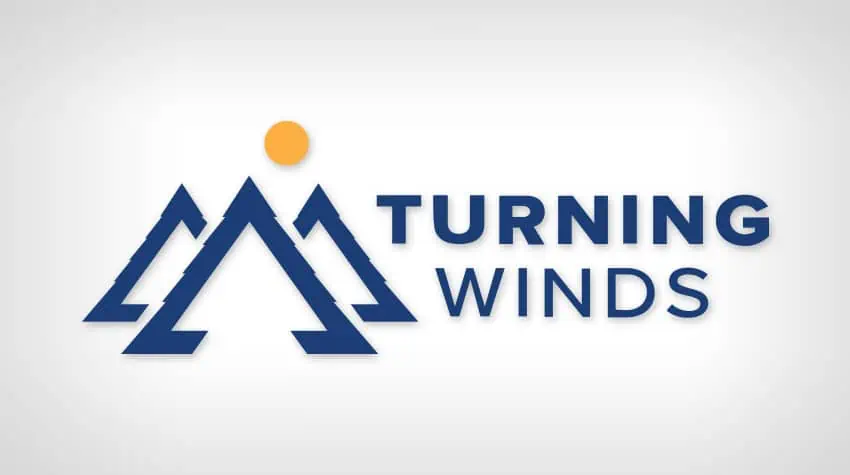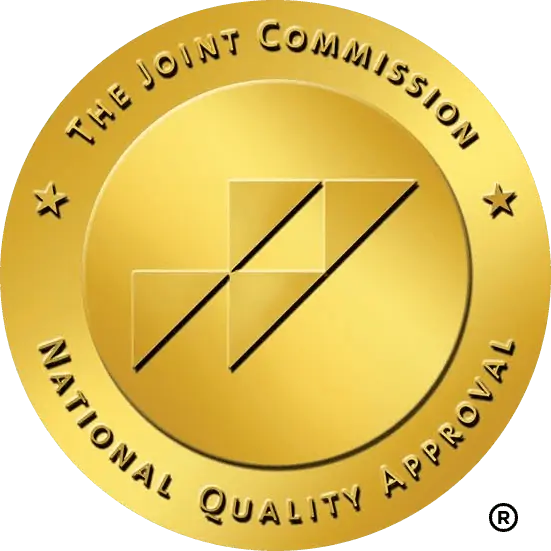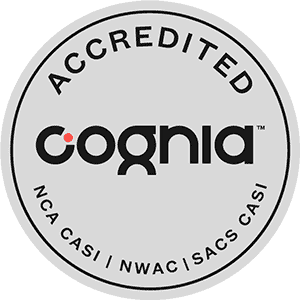Each parent is required to write, and have delivered, an Impact Letter at the time of their child’s arrival at Turning Winds. If it is not possible to have this letter delivered at the time of the child’s arrival, see that the letter arrives at Turning Winds no later than five days after the child’s arrival.
The Impact Letter is to be addressed to your child. The content of the Impact Letter should be strictly limited to addressing the following points:
- A concise statement of why he or she is attending Turning Winds
- A concise statement of why he or she is attending Turning Winds A full account of the basis of your concerns
- Descriptions of the child’s problem behaviors, including the length of time the child exhibited those behaviors and the negative effects on others
- Also, include what was most disturbing to you regarding the possible negative results of your child’s behaviors
- Include a statement of what you expect your child to change and learn during his or her enrollment at Turning Winds
Be sure that the letter contains a summary of all of the child’s significant negative behaviors. It should be a straightforward and plain accounting of the problems. The tone of the letter should be firm and authoritative. Involved parents and family members (such as siblings, grandparents, etc.) may choose to each write separate Impact Letters or may choose to write one letter together within the recommended timeframe.
Address the main points of the Impact Letter by communicating in a specific and direct manner, do not suppress your concerns or be apologetic. The letter should not analyze the problem or present them in a way that downplays the child’s active role in their negative behaviors.
Make it clear if the child’s behavior was a source of great concern, disruption, expense or discord within the family without harassing, guilt tripping or manipulating him or her. These harmful tactics interfere with a child’s ability to receive the central message of the letter and to take mature responsibility for his or her actions.
The Impact Letter does not have to be long, and in fact, a shorter and more concise letter may be better. This approach gives the child a chance to take responsibility for more general issues and to supply the details on their own. Many parents can say what they need to express in just two pages. Here are a few examples:
Drug use: You have been abusing drugs (marijuana, alcohol, cocaine; we suspect several other drugs). This runs the risk of legal problems, health problems (including drug-related violence, motor vehicle accidents, etc). Your drug involvement has been at the expense of pursuits that are positive (school, family relationships, sports, etc.) Drug use exposes you to a lot of negative influences and opportunities. Our family has been in constant turmoil, in large part because of your drug-abuse lifestyle.
Defiance and Disrespect at Home: You have a pattern of defying our household rules. You have gone out with whom ever you chose, to go wherever you wanted, doing what you wanted and returned much later than we consented. You have been unwilling to do basic household chores. When confronted, you have responded disrespectfully. You have lied to us a great deal and lost our trust in your word. These behaviors are unacceptable and are a significant part of why we needed you to attend Turning Winds.
Poor Academic Effort: We do not require that you perform at a higher level than you are capable of, but you clearly have been putting forth very inadequate effort in school. At this rate, you will not be able to finish high school, a very basic expectation and one that you certainly can achieve.
Depressive symptoms: You have shown several depressive symptoms over the past year. You have withdrawn from people that were important in your life. You do not look happy or content. You have stopped taking part in your previous hobbies and interests. You no longer show any interest in where you are going in life. This comes from my own observations as well as comments from your siblings, friends, teachers, counselors, et cetera. You have not gone along with treatments that we offered you (therapy, medication, etc.).
The preceding material presents general guidelines. It is essential that you write your Impact Letter in your own way and in your own voice, while observing these guidelines. TWAI staff can help you through this assignment. This letter is an essential part of the TWAI program and is vital in helping your child.


